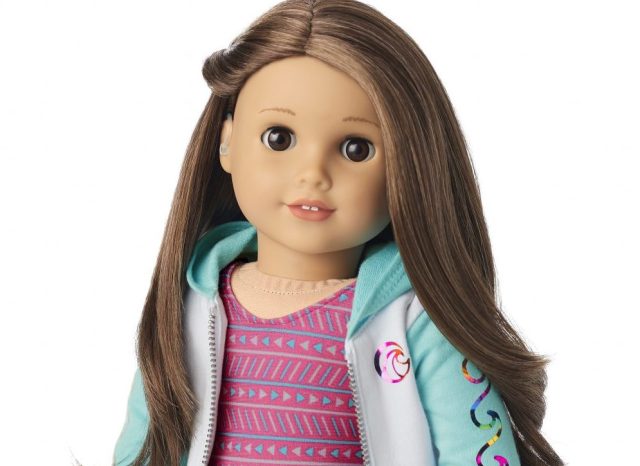
The words of Robert Fulghum’s essay, “All I Really Need to Know I Learned in Kindergarten,” hung on my kitchen wall like a whisper of God’s grace amidst our daily living when my three kids were tiny tots. He reminds us with profound wonder how most of what you need to know about life you learn in kindergarten: share everything, play fair, clean up your own mess, to name a few.
If you’ve been a parent for any length of time, say, a few months, I’m guessing you’ve come to learn the school of parenting includes an even deeper sandbox of lessons from which to scoop meaning and purpose. And not because counting forward from the date on our birth certificate equates to wisdom either. Wisdom is knowing what you don’t know, which is a lot of not knowing much about anything when entering parenthood.
Kids are ego smashers, and the “in the sand experience of raising them” offers many opportunities to knock down our castles of pride and self-preservation. After 23 years of feet in the gritty stuff adventure, my soul walks much lighter having had fortresses of vainglory crumble.
The journey of raising kids does a number on our heart, whatever the real meaning is of such a cliché. But doing a number on us in terms of parenting means unexplainable twists and turns, tugs and pulls of emotions. And if we allow ourselves to learn from the flux, the experience can and should transform our heart in any number of ways.
For me, doing the mom thing for decades means a head full of retrospect and a heart which continues to morph in a million ways. Consider the following poem my parenting heartspeak in 100 words—inspired in full by the talented and wise Robert Fulghum.
Cherish everything.
Fight fair.
Don’t compare yourself to others.
Put everything into perspective.
Worry about your own mess.
Don’t expect others to see things the way you do.
Say I love you. Always.
Count to ten before anything.
Pray.
Trials and struggles enlighten you.
Live a grateful life.
Trust more, think less.
And love and hug and listen and laugh.
Speak, but also be.
Make some time for you every day.
When you feel like you’re alone on an island,
Know a million other parents share the same shore.
Communicate, then succeed and fail together.
Become a child once again.
Our children see the world from a different vantage point. Finding the courage to stoop to their level is akin to sprinkling pixie dust upon any beleaguered, disparaging, and calloused life views. The evils of fallen nature have yet to tarnish the innocence, so the wonder, wide-eyed amazement and unconditional love of everything in sight still tumbles through their spirit. Choosing to go along for the ride can awaken our tired adult selves and rebirth a knowing of what matters most.
And these are only some of the lessons we learn in the first decade. The second half of child-rearing is a close encounter of the undefinable kind, unfurling life lessons from every quantum cranny of the parent-child universe. Stay tuned as I sit crisscross applesauce in my empty nest and muse over how to pen the adolescent years into 100 words or less.
And if you know a mom or dad who would enjoy this post, please share. The more insight we can garner and pass around, the better journey for us as parents—which means even greater rewards for our kids going forward.
Transform on, crazy Mamas!


















